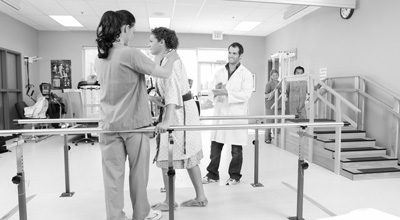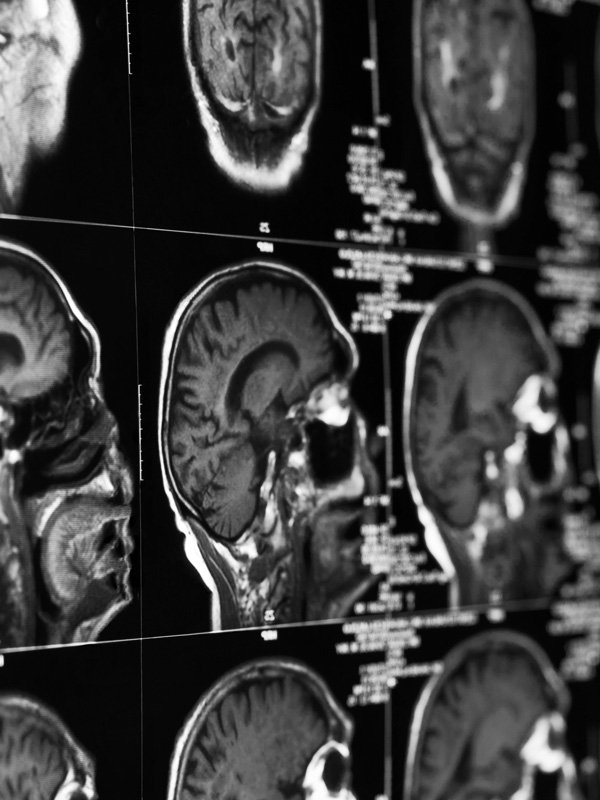Massachusetts Traumatic Brain Injury Attorneys
Helping Families Navigate Unseen Injuries
Brain injuries are complex. People who suffered a traumatic brain injury are rarely diagnosed immediately after an accident or traumatic event. Those who suffer brain damage often struggle to identify the changes they experience.
Types of Traumatic Brain Injury
There are varying levels of trauma that a brain can withstand.
Open Traumatic Brain Injury
An open traumatic brain injury occurs when there is a blow to the head, a foreign object penetrates the skull and enters the brain cavity. This is usually the most severe case and involves a longer period of disruption from normal brain activity.
Closed Traumatic Brain Injury
A closed head injury may not leave a visual mark on the surface of the injured. Closed TBI results from “acceleration-deceleration” motion, such as often occurs in motor vehicle accidents or slip and fall incidents.
Monitoring for Additional Signs of Brain Injury
A TBI can affect the brain in many different ways. Symptoms are categorized in three different ways — cognitive or mental symptoms, emotional symptoms, and physical symptoms.
Cognitive / Mental Symptoms
- Confusion
- Disorientation
- Difficulty learning
- Difficulty retaining information
- Memory loss
- Slurred speech
Emotional Symptoms
- Agitation
- Anxiety
- Depression
- Mood swings
- Withdrawal from social life
Physical Symptoms
- Blurry vision
- Dizziness
- Nausea / vomiting
- Loss of balance
- Loss of consciousness
- Fatigue
- Trouble sleeping
Consult a medical professional if you or your family member experiences any of these symptoms after head trauma.
Reach Out for a Case Evaluation with No Obligation or Fee — Just Advice.
Have you or a loved one suffered from TBI? Contact our law firm — especially before speaking with insurance representatives. Get advice at NO cost and with NO obligation. We can answer your questions and provide direction. If you retain us as your attorneys, we handle all communications and negotiations with insurance companies.
Focus on your family and your health, and we’ll get you the maximum compensation you deserve.


